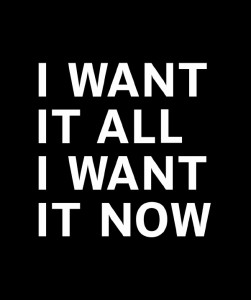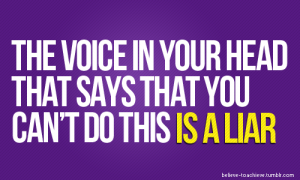Optimism is about believing and expecting that no matter what has happened that things will turn out well. So when any one of us, a child or adult finds it hard to be accountable for the mistakes they have made, they are in effect saying that they are having a difficult time believing that there is any good that can come from admitting to a mistake.
All of us make mistakes. Sometimes they are accidents. And sometimes it is a choice. So what is a mistake.? It is when we do something we wish we had not done. It may be something we said, an action we made or something that we are still learning about and tried and just need more skill.
So why do individuals cover up, lie or blame others? It could be because they do not want to get into trouble or it may be that they do not want to look bad, or thought less of by others. It could come from embarrassment or a fear of disappointing another person. They may be afraid that they will lose a friend or someone will be angry with them. They are pessimistic and see the mistake as permanent damage to themselves, even pervasive as in they “always” do this or this is just how I am.
We know though that anytime a mistake is made there is the possibility of a lesson being learned. When a person covers up or does not take responsibility they are in reality saying that with this mistake there is no lesson I can learn or will learn. The question we want to ask ourselves or our children is “What did you learn from this mistake?” If there is a lesson learned that we can put into practice – that is just a part of life and growing up!
So how do we handle mistakes as a Balanced Life Skills student?
- Admit it
- Apologize
- Amends (fix it)
Remember though that in making amends it is about making it better for the person we hurt.
None of this can be forced but if we approach mistakes as an opportunity to learn a lesson we will continue to grow and develop our virtues
As a parent we can ask our children after they have made a mistake – What lesson did you learn? What could you do differently in the future? What virtue do you need to help you with this situation? How can I help you?
Optimism is believing that that growth and learning comes when we expect to do better next time – no matter if it is a math test or how we speak or treat those around us.



